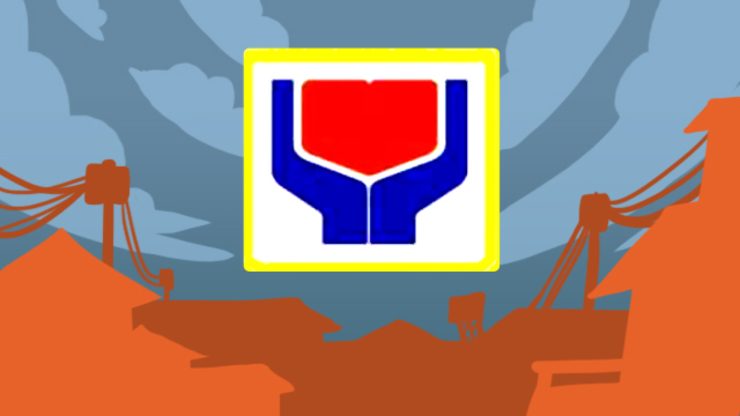SUMMARY
This is AI generated summarization, which may have errors. For context, always refer to the full article.

MANILA, Philippines – With 70% of target households already assessed, the enhanced targeting system of the Department of Social Welfare and Development (DSWD) is expected to aid the government’s social protection programs’ mandate to be for the poor, Welfare Secretary Corazon Juliano-Soliman said on Monday, August 4.
The National Household Targeting System for Poverty Reduction (NTHS-PR) has assessed at least 10.7 million households out of the 15.3 million target of the department.
According to Soliman, the NTHS-PR results will serve as basis for the development and implementation of social protection programs of both the national government and members of civic society for “deserving beneficiaries”.
“This is to ensure that those who will benefit from government programs are those who are truly in need,” she explained.
One of the well-known social protection programs is the DSWD’s Pantawid Pamilyang Pilipino Program (4Ps). Also called the Conditional Cash Transfer (CCT) program, 4Ps is the flagship poverty alleviation program of the Aquino administration.
Under 4Ps, a household beneficiary with 3 children can receive P1,400 ($30)* a month or P15,000 ($331) a year. In exchange, they have to meet conditions set by the DSWD such as regular health checkups and better school attendance of children.
The NHTS-PR, also known as Listahanan, is an information system that identifies the poorest households and their locations. In 2009, the system was able to assess over 10.9 million households and identify 5.2 million poor households.
Implemented ‘quality control’
However, since its implementation in 2008, 4Ps has continuously been scrutinized due to alleged flaws in targeting.
In 2015, the DSWD seeks to target over 4.4 million households in Pantawid. (READ: Where in the PH are the Pantawid beneficiaries?)
Soliman, meanwhile, said they’re working overtime to ensure that improvements are put in place. The latest implementation of NTHS-PR is one of these efforts. (READ: Soliman: DSWD is keeping 4Ps database clean)
Quality control measures have been placed in the enhanced targeting system to uphold accurate and reliable results of the assessments. These improvements include re-interview, spot checks, inclusion of barangay characteristics to determine poverty status, and the implementation of a 2nd screening stage.
One of these enhancements made to the targeting system is the development of the new proxy means test (PMT) model.
This statistical model estimates the income of households under the poverty trap based on characteristics such as housing materials, educational attainment and livelihood of each household members, among others.
These improvements, the DSWD said, resulted in less inclusion (non-poor is classified as poor) and exclusion (poor classified as non-poor) errors. From 2009’s 22%-35% error rates, the new model is expected to get a 19.3 error rate only.
Community involvement
To further decrease the possibility of these errors in the database, the initial list of households classified as poor will be posted in all barangays.
These will then be vetted by the community through a convened local verification community which will receive and act on complaints and appeals.
By involving the community, there will be a more proactive and transparent targeting system to ensure the “cleanliness” of the government’s social protection programs.
“Involvement of the community is important since they know better than us who among their neighbors are really poor,” Soliman emphasized. – Rappler.com
Add a comment
How does this make you feel?
There are no comments yet. Add your comment to start the conversation.